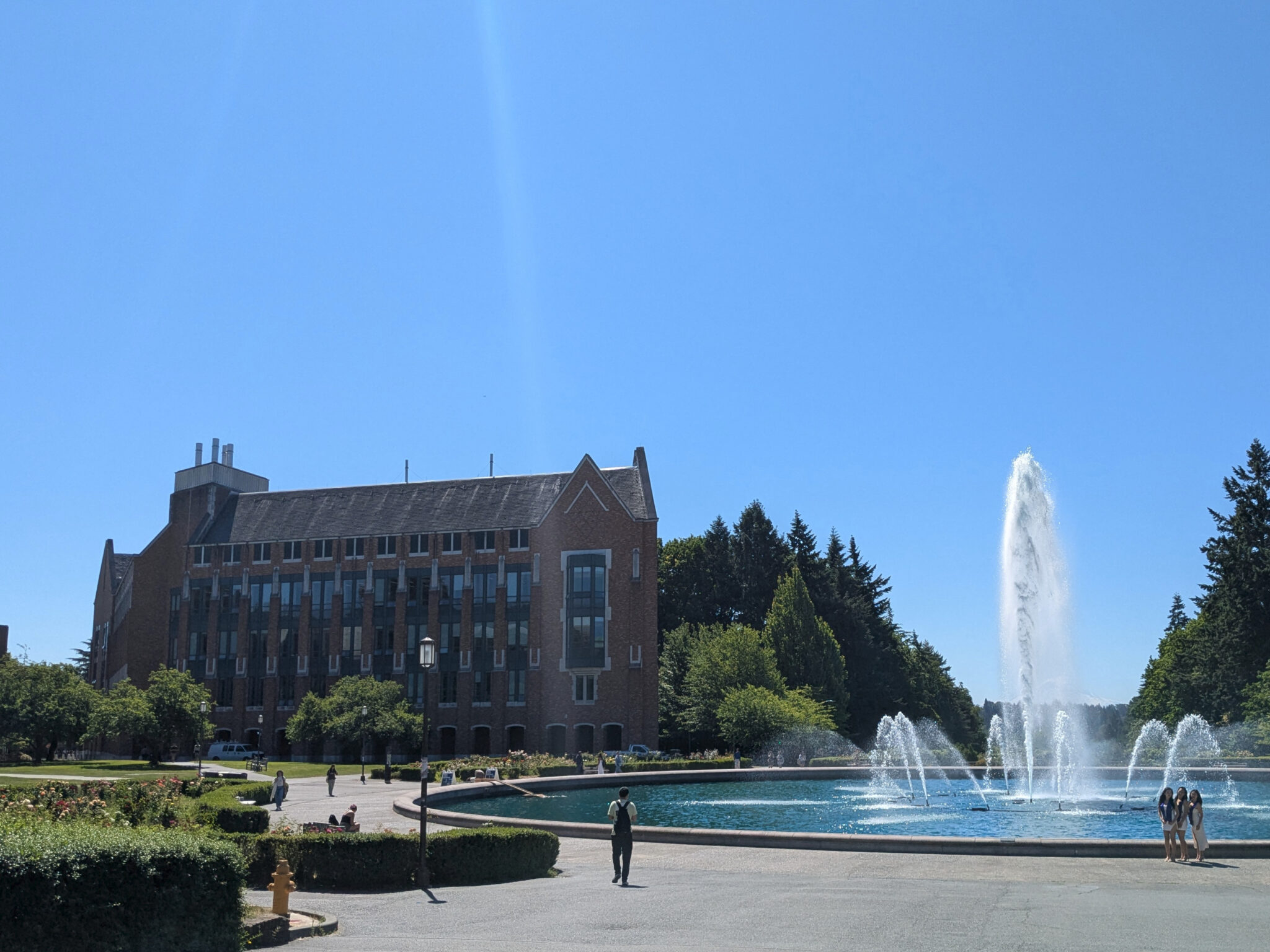Coding is obsolete: UW computer science program revamps curriculum for the AI age

Adapting to the AI Revolution: How Universities Are Preparing Students for the Future
The rapid integration of artificial intelligence into the workforce has created a pressing challenge for academic institutions. As technology continues to evolve, educators are tasked with preparing the next generation of graduates for careers in tech, ensuring they can secure entry-level roles and remain competitive in an increasingly automated world.
This issue is growing more urgent as major companies like Microsoft and Amazon begin to make significant changes to their workforce structures. Microsoft’s recent layoffs have raised concerns that AI is starting to replace human employees, while Amazon CEO Andy Jassy has openly warned that corporate headcount will shrink as generative AI becomes more prevalent. In response, universities are rethinking their approaches to teaching and learning.
The University of Washington’s Approach
At the University of Washington’s Paul G. Allen School of Computer Science & Engineering, one of the top tech programs in the Pacific Northwest, the focus is on producing adaptable problem-solvers who understand the core principles of computing. According to director Magdalena Balazinska, coding—once a central skill for computer science students—is no longer the primary goal.
“Coding, or the translation of a precise design into software instructions, is dead,” Balazinska said. “AI can do that. We have never graduated coders. We have always graduated software engineers.”
Generative AI tools like ChatGPT have transformed how people interact with technology, enabling users to accomplish complex tasks through conversational prompts rather than traditional code. While this shift may automate routine tasks, Balazinska argues that the most challenging work remains uniquely human. “The hard problem is to precisely figure out what we want computers to do in order to accomplish some task,” she explained. “That creative and conceptually challenging work is the true work of a software engineer.”
Learning Alongside AI
Students at the Allen School are being exposed to these new paradigms from the start. Harshitha Rebala, who recently earned her bachelor’s degree in computer science from the school, experienced firsthand how AI is reshaping education. Her coursework included classes on AI ethics and natural language processing, which form the foundation of large language models (LLMs) that power generative AI technologies.
Rebala was also allowed to use GPT tools in her assignments, a practice not universally adopted by other universities. Students were required to cite AI as a collaborator, similar to how they would credit input from a fellow student. This approach helped her tackle complex software challenges while learning how to effectively use AI assistants.
“I found it really helpful when I was stuck on a bug after a long day,” Rebala said. “I could just ask the AI for advice and keep moving forward.”
Flexibility in Curriculum Development
Given the fast-paced evolution of AI, the Allen School encourages professors to experiment with integrating AI into their courses rather than implementing strict program-wide policies. Balazinska noted that the school is reflecting on its experiences and considering potential curriculum updates.
Other top-tier institutions are taking similar steps. For example, Carnegie Mellon University is convening faculty this summer to evaluate its approach to AI in education.
Real-World Applications and Job Market Challenges
Despite these efforts, concerns about job prospects for computer science graduates persist. Rebala acknowledged that the current job market is tough, though she emphasized that she doesn’t speak for all her peers. She was able to land a role as a technical staff member at Vercept, a Seattle-based startup that uses AI to automate repetitive tasks such as data entry and invoice organization.
Other Allen School graduates have found jobs at major tech companies like Amazon, Microsoft, Meta, and Google, as well as startups and firms such as Atlassian, Databricks, and Palantir. However, entry-level positions are particularly vulnerable due to the AI boom and recent hiring slowdowns at tech giants.
Balazinska believes these roles are not disappearing but evolving. “There is always some position that is the entry-level position,” she said. The Allen School aims to equip students with skills that go beyond what is typically required for basic programming roles.
What Employers Are Looking For
Kiana Ehsani, CEO and co-founder of Vercept, highlighted that while AI expertise is important, it is not the only factor employers consider. “The most important quality, above all else, is curiosity and a genuine drive to learn,” she said. “That mindset often beats any specific technical skill.”
As the landscape of work continues to shift, the ability to adapt, think critically, and embrace continuous learning will be key for future professionals.
Post a Comment for "Coding is obsolete: UW computer science program revamps curriculum for the AI age"
Post a Comment